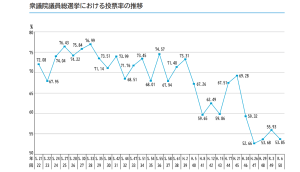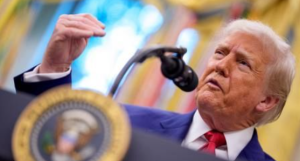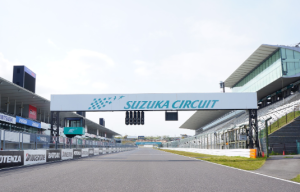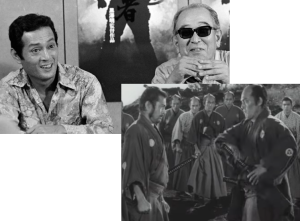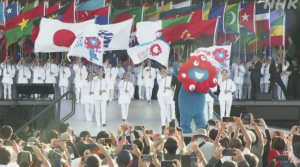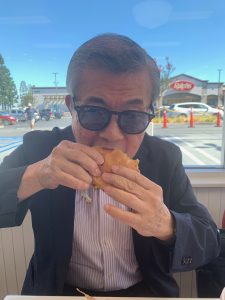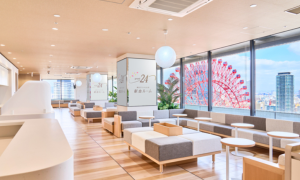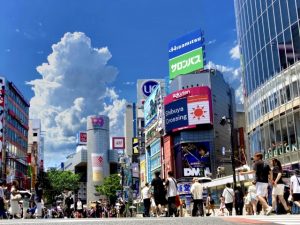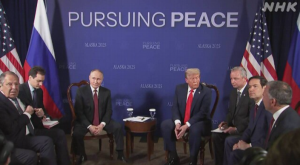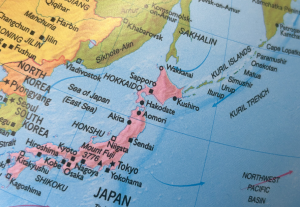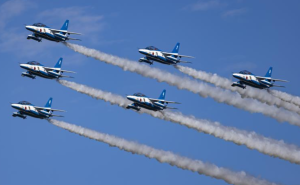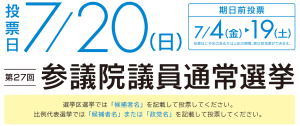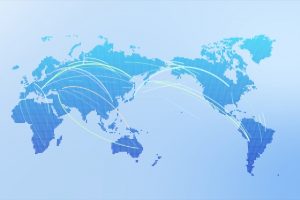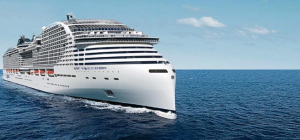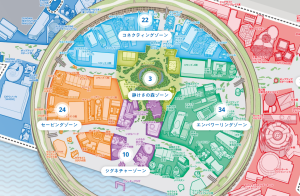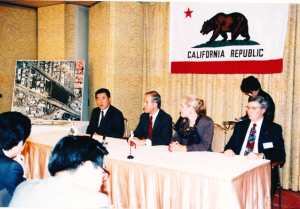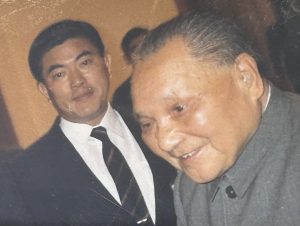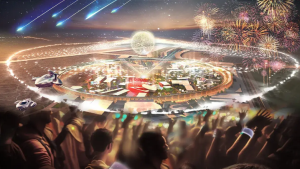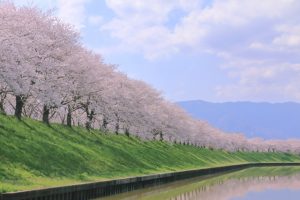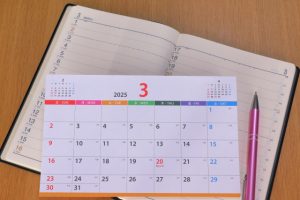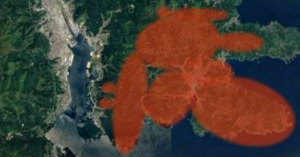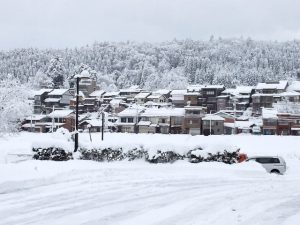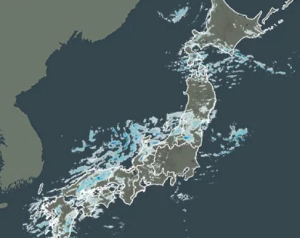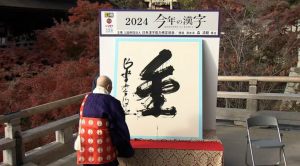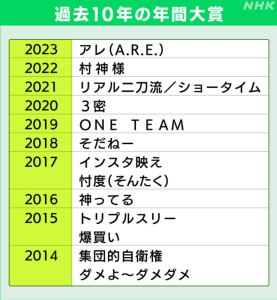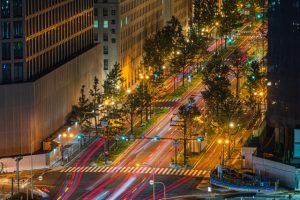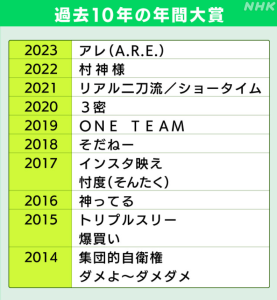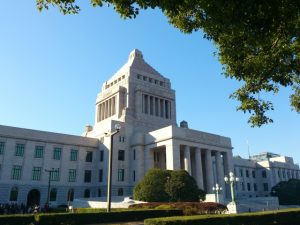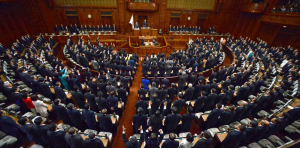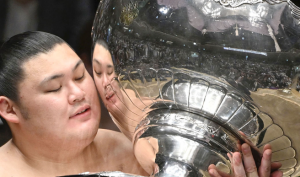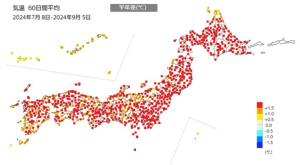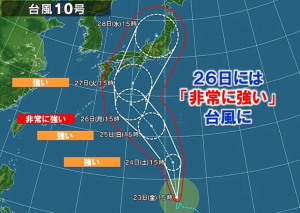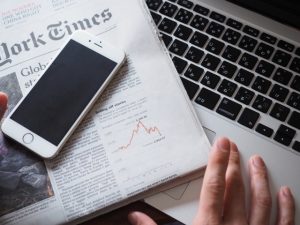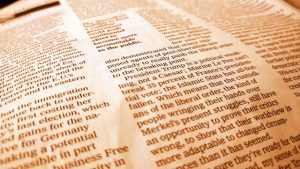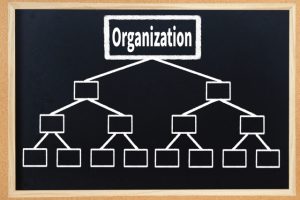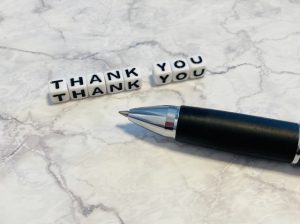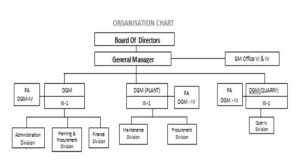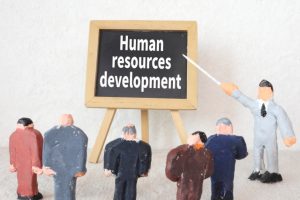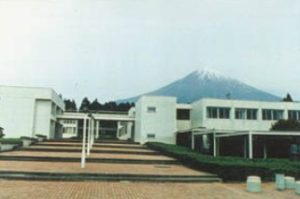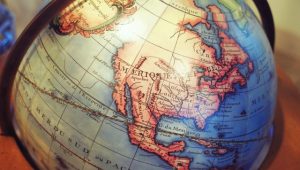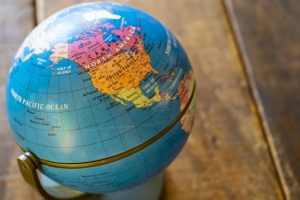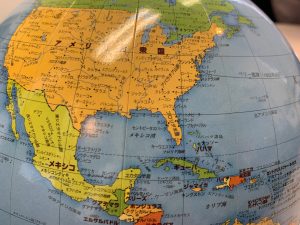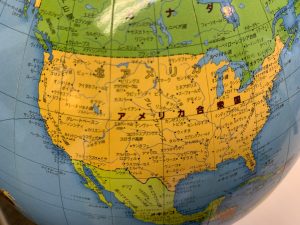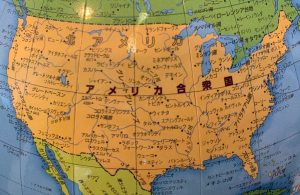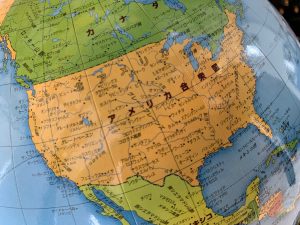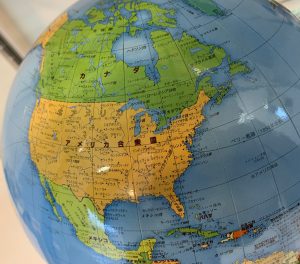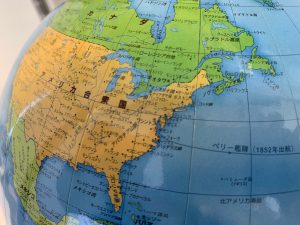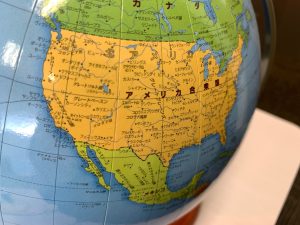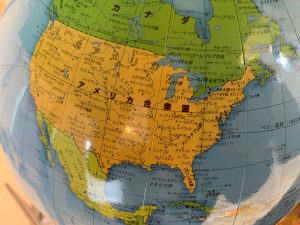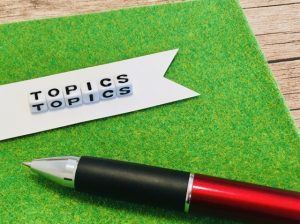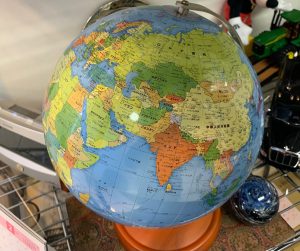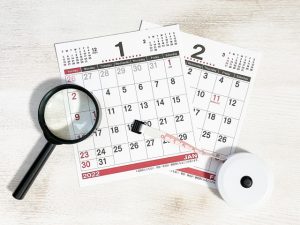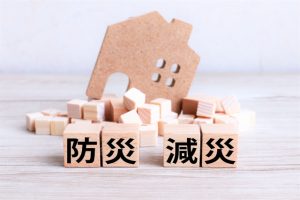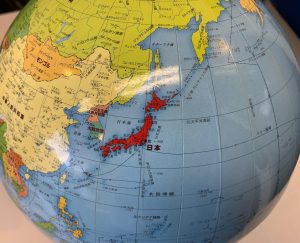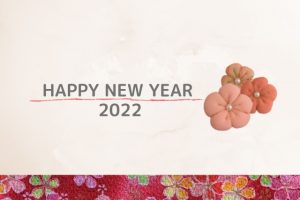Re: My visit to the United States for the first time in four years ~Part 1 (92) May 26, 2023
The G7 Hiroshima Summit was held from May 19 (Friday) to 21 (Sunday) and received worldwide attention partly due to surprise participation by President Zelenskyy in Ukraine. Through this summit, fragmentation or confrontation attitude between liberal countries based around G7 and autocratic countries such as China, Russia and so on has become even more apparent. The standing position of Global South countries is also unclear, and geopolitical tensions and complications will be inevitable. I am concerned about future impact on economic development and globalization.
■As I wrote down the last issue, I visited the United States for the first time in four years from May 11 (Thursday) to 21(Sunday). Therefore, last week’s blog delivery was suspended.
My travel plans were four nights in New York, two nights in Omaha, Nebraska, three nights in Los Angeles, and two nights on board, and crossed the United States from east to west. The east coast and west coast have a three-hour time difference. Therefore, if moving from east to west, one day can be used one hour, two hours or three hours longer. Incidentally, direct flights of continental crossing from New York to Los Angeles also take about six hours, and it is about the same amount of time between Japan and Singapore.
■This time, I was blessed with good weather for the whole journey, and as my youth in the United States has been revived, new memories have been added. Visiting New York was the first time in seven years for me, and I visited nostalgic places including the apartment, which is called a mansion in the Japan style, where I had lived five and a half years from 45 years ago.
I also saw the night view from the observation platform of Empire State Building which is 86 th floor and 321 meters for the first time in decades. When I worked in New York, I could see smart figure of two buildings of super high-rise World Trade Center (411 meters and 110 floors) in the direction of downtown, but unfortunately as you can remember, these disappeared due to terrorism in September 11, 2001.
■The night view from The River Café just across the Brooklyn Bridge from Manhattan was also a great view. If you have a chance, it is a highly recommended sightseeing spot. Other than that, I was overwhelmed by the rich exhibits of MOMA, The Museum of Modern Art, and The Metropolitan Museum of Art. Works of world-renowned painters are casually in front of my eyes, and I am free to take pictures. I felt the difference in national character between the United States and Japan. And I also felt the scale of the exhibits of American Museum of Natural History. Dim sum in China Town was also a pleasant time. And I also saw the Statue of Liberty for the first time in years, and I visited Rockefeller Center where the world’s best Christmas tree is displayed every year. I enjoyed New York for the first time in a long time.
■After New York, I visited Omaha, Nebraska after about three hours and twenty minutes flight, and I stayed at a house of an American who served as President of chilled/frozen warehouse business launched in the suburbs of Los Angeles in the era of my previous job for eight years and got my business foundation on track, and I warmed up old friendship. The surrounding area is like Karuizawa in Japan, and it seems that you may encounter a wild turkey, deer, rabbit, and squirrel on a walking path once in a while. Omaha is usually a quiet local city with a population of about 500 thousand, but at the shareholder’s meeting of Berkshire Hathaway Inc. managed by Mr. Warren Buffett, a world-class investor who is now famous in Japan, held on May 6, it is said that about 40 thousand people came to this town from more than 40 countries around the world and listen to him. The content of his remarks this time seemed to a grim view that comes close to a warning to the U.S. economy and industry. He seems to be interested in Japanese stocks especially trading company stocks recently, and total market capitalization of trading company stocks held by Berkshire is about two trillion yen. I feel expectations of rising resource prices by inflation are in the background. Incidentally, 95% of listed stocks investment by Berkshire is companies in the United States. If his interest in Japanese stocks becomes one of the factors behind the rise of Japanese stocks, I think he is a “really big guy”.
■The United States is called “a melting pot”, as expected it is rich in diversity to the extent that it is not considered in Japan. It creates discrimination or inequality, but on the other hand, it is true that it is also a source of vitality. And an American is a national character that is very frank and likes jokes and cherishes family and friends. The United States is a nation that creates fun devising various ways to deal with nature, because different from Europe, it has a short history and this year marks only the 247 th anniversary of the foundation of the country, and there are not many famous places and historic sites.
■Regarding corona countermeasures, there is a big difference between Japan and the United States. Even after corona was changed from class 2 to class 5, the same level of influenza, in Japan on May 8, I felt nearly 100% people continued to wear masks before departure. But I heard that few people wear masks in the United States long before, and in fact, I did not see anyone wearing a mask at all this time. In the United States, corona infection deaths exceeded one million, and just over 70 thousand in Japan. In this regard, it can be said that the measures of the Japanese administration were successful. Nevertheless, I think that American people don’t like the government to interfere like being told “what to do or not do”, and there is a national character that respects individual choice or freedom or self-responsibility. Even with so many deaths, there are not many voices of government failure. On the other hand, in Japan, it has long been said that “you can’t win against someone who doesn’t listen to reason”, and “don’t go against what the government says”. In the background, isn’t there “depending on the top” or a pampering such as “if you do as you are told, they will do something for you”?
■This overlaps with the country’s industrial policy. In the United States, companies easily lay off employees if going into recession. Of course, there is unemployment insurance system. However, workers aim for a company with higher salaries and better treatment, and aim to upgrade themselves by relearning or reskilling and obtaining the qualifications. As a result, this facilitates the movement of workers from dying industry or company to new market or company. However, in Japan, companies don’t lay off redundant personnel, and the government subsidizes them financially. For instance, the government supports through subsidy for employment adjustment. This keeps the unemployment rate low on the surface. However, rationalization, restructuring and efficiency are secondary. The United States is a surgical type and Japan is an internal medicine type or herbal medicine therapy. Therefore, I hear that the ratio of Zombie companies* is close to 20%.
That is why the economic situation in Japan is ridiculed as capitalist socialism type. The only exception in recent years was a bad-debt disposal policy which Mr. Junichiro Koizumi cabinet from April 26, 2001 to September 26, 2006 taken during the turmoil after the burst of the bubble economy. Prime Minister Koizumi declared his intention that “the government is not involved”, and then restructuring and selection of city banks in excess had been progressing at once. There was criticism and appreciation for this, but promoting “structural reforms without exceptions” like paving the way for postal privatization should be appreciated, because he stimulated Japanese industry and society.
*Companies that survive with the support of financial institutions and government agencies, even if the business is bankrupt.
To be continued in the next issue.


